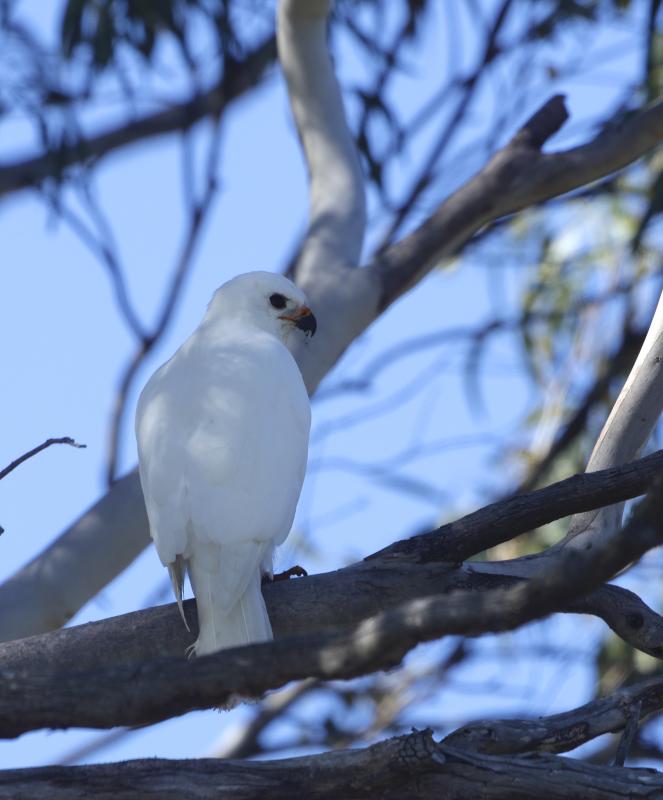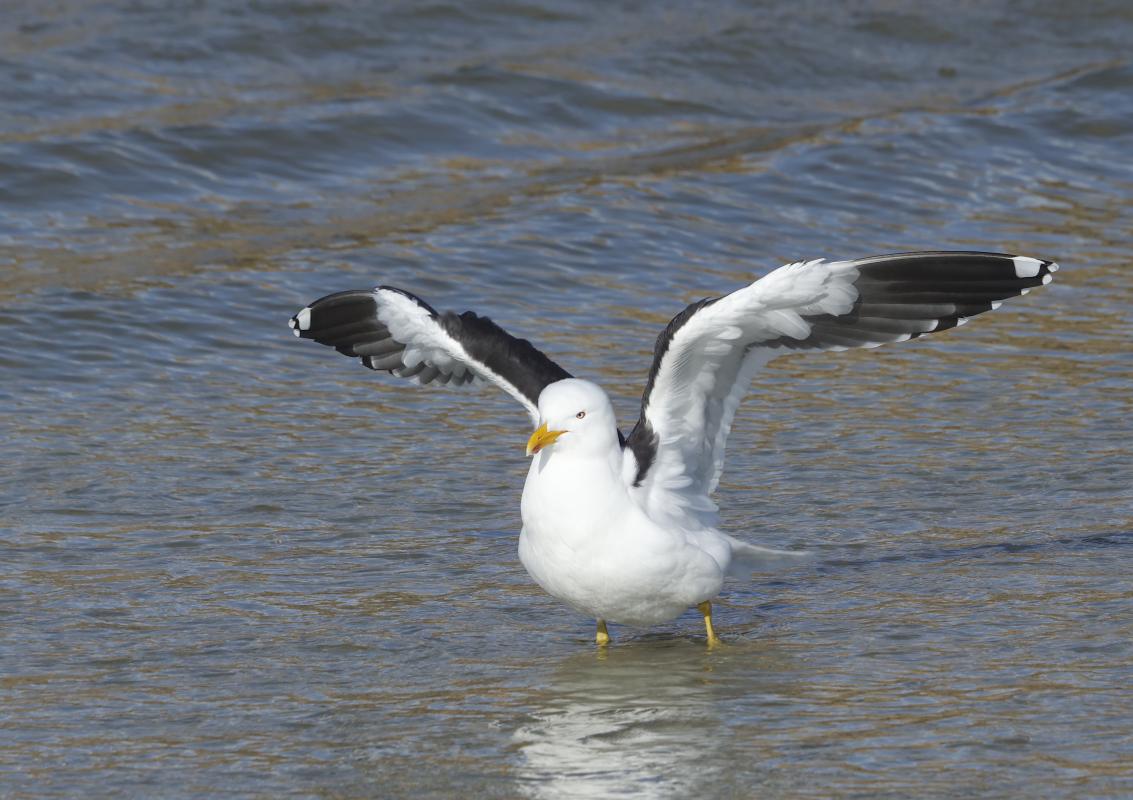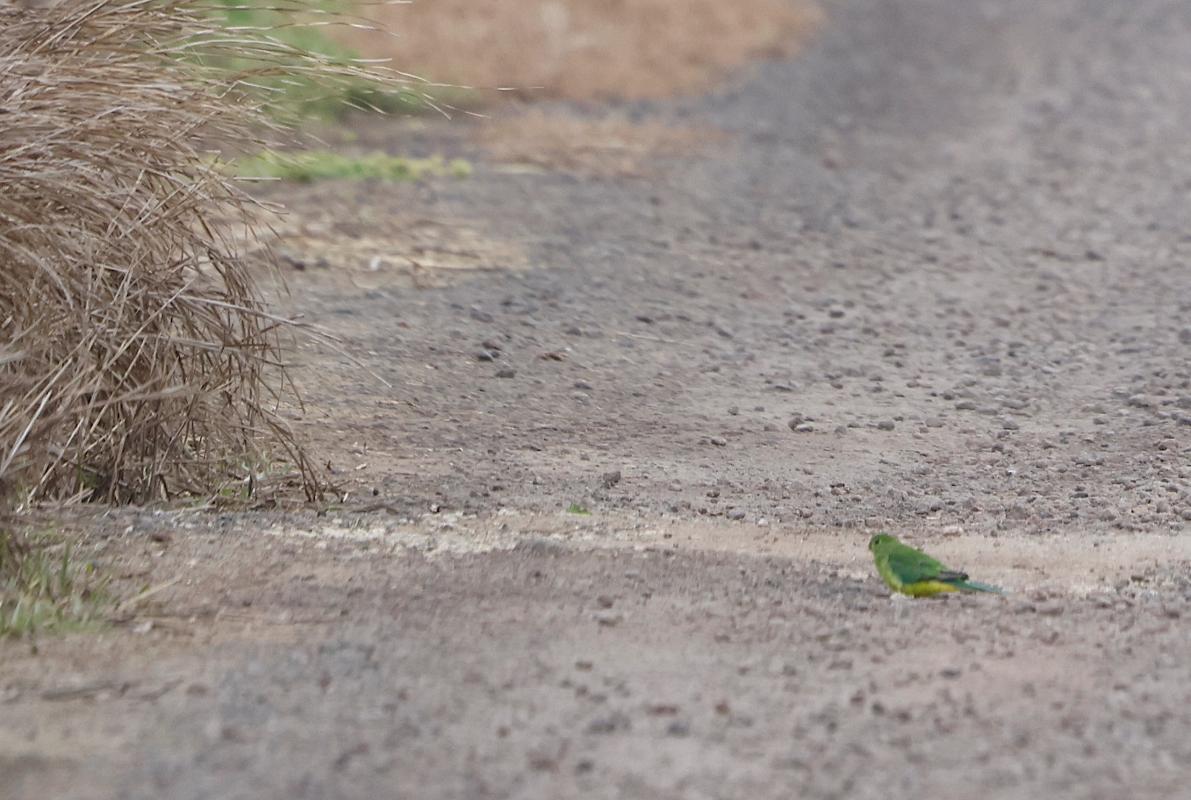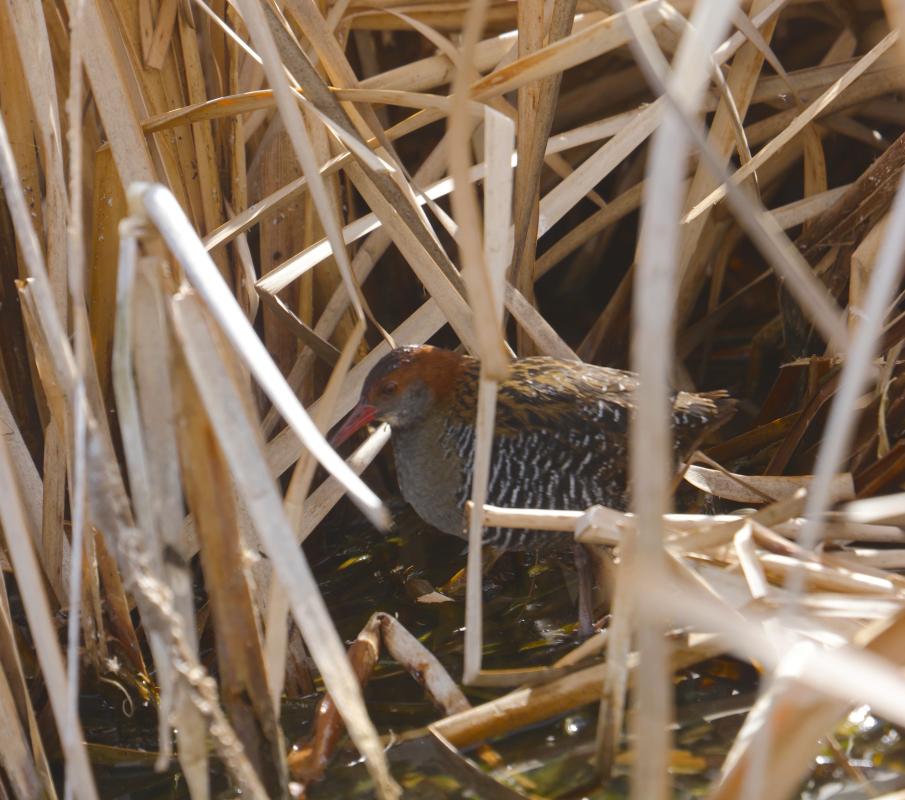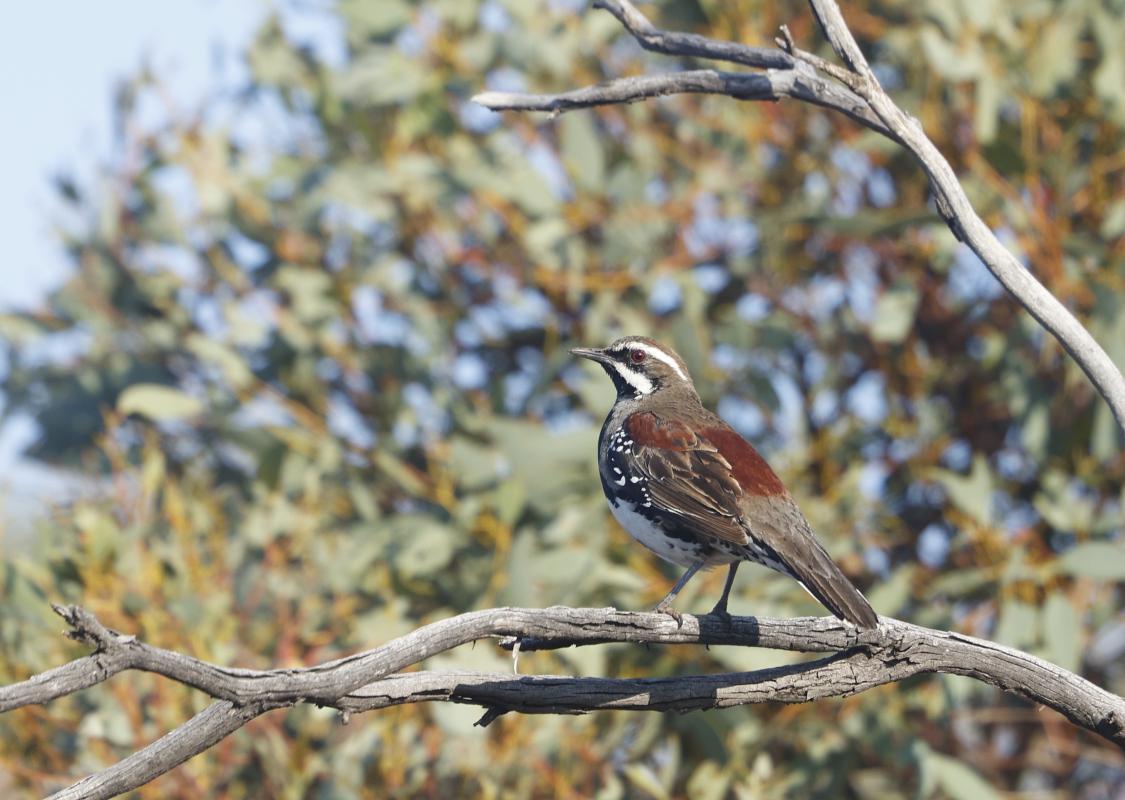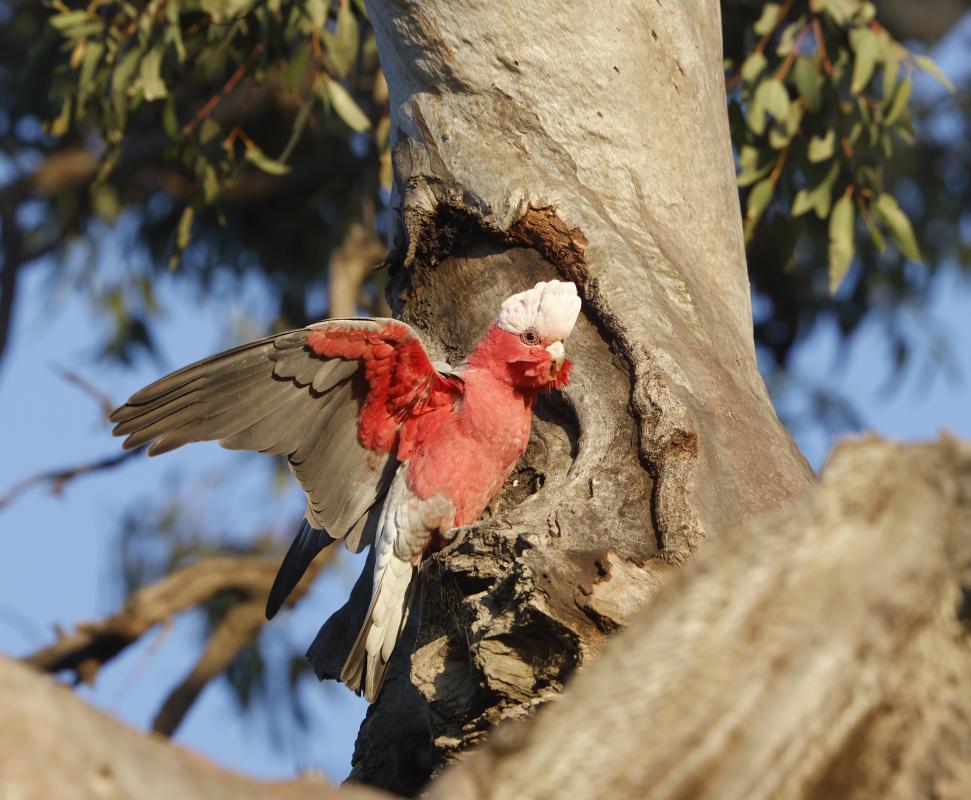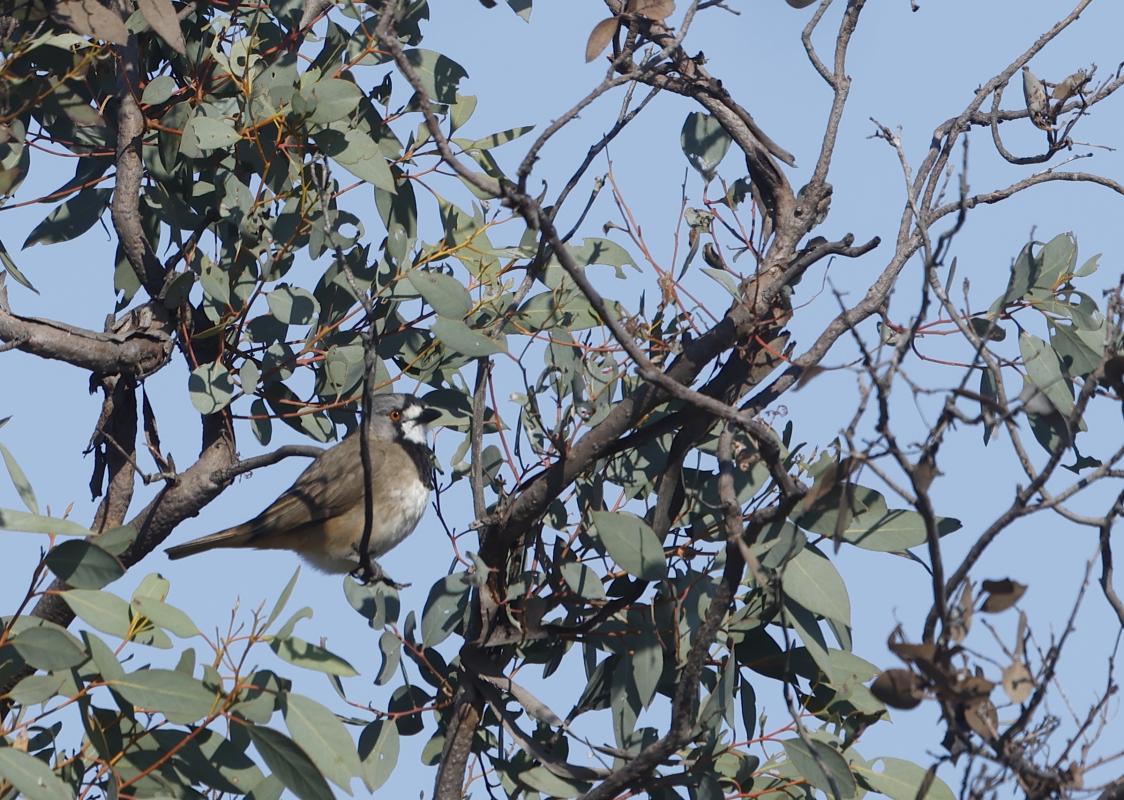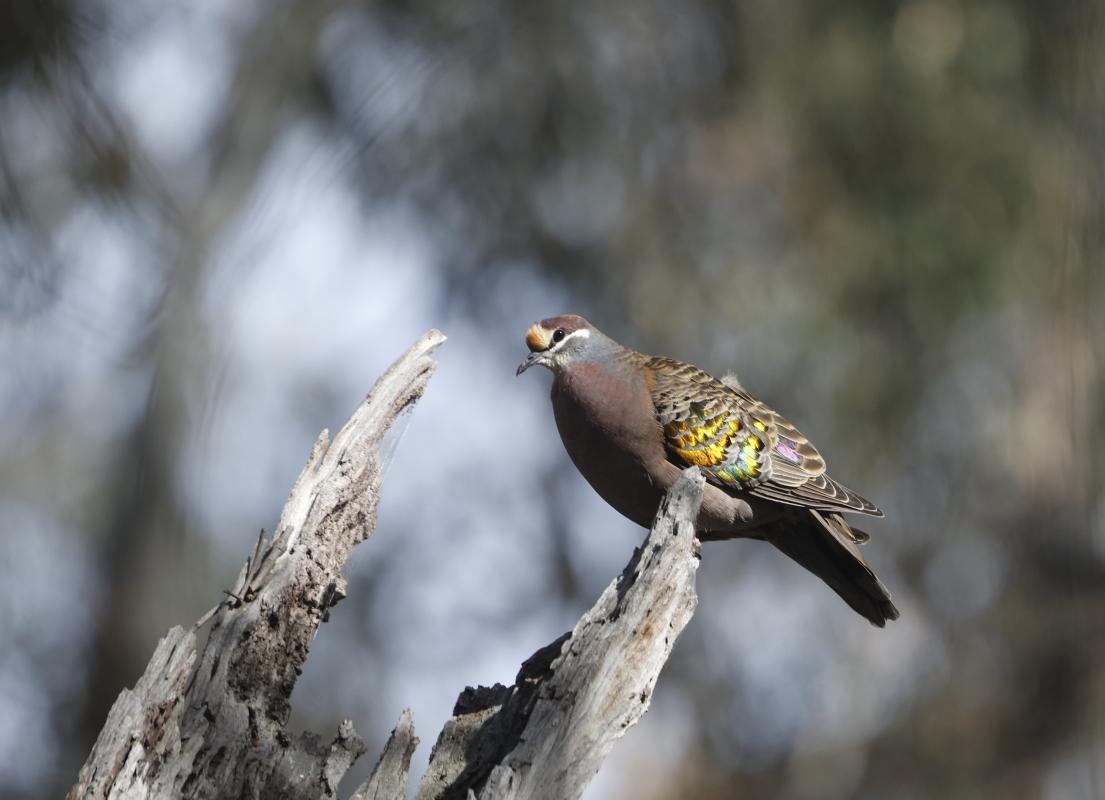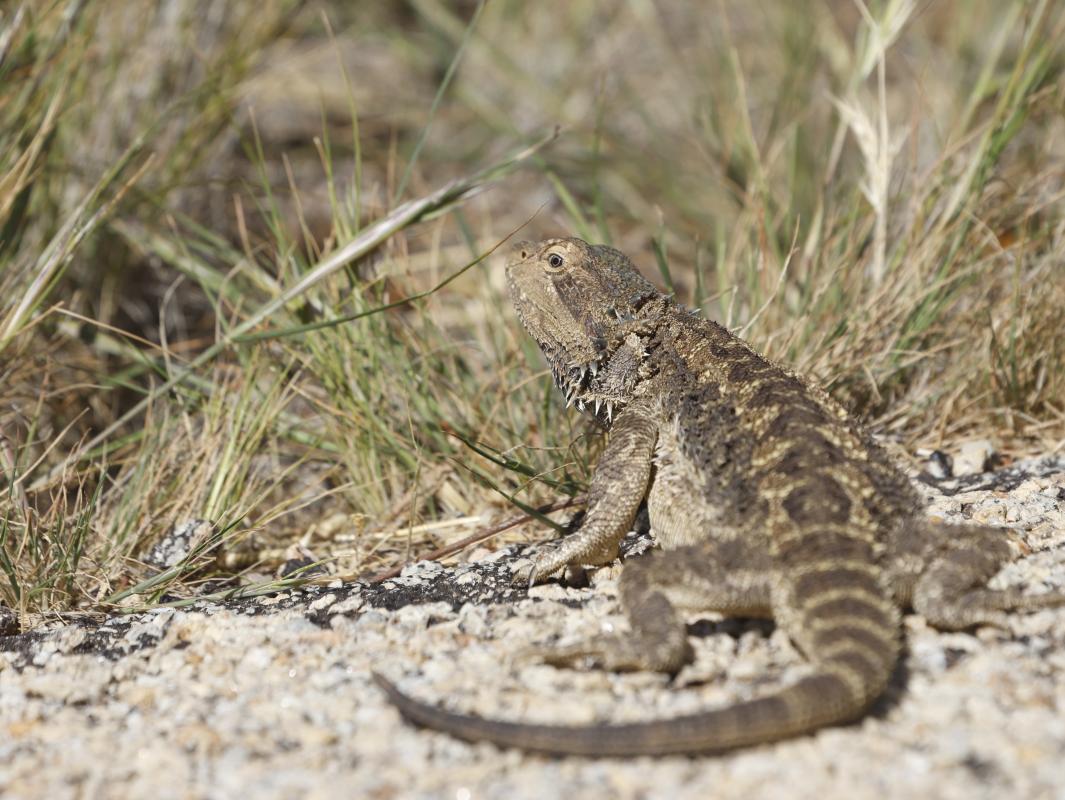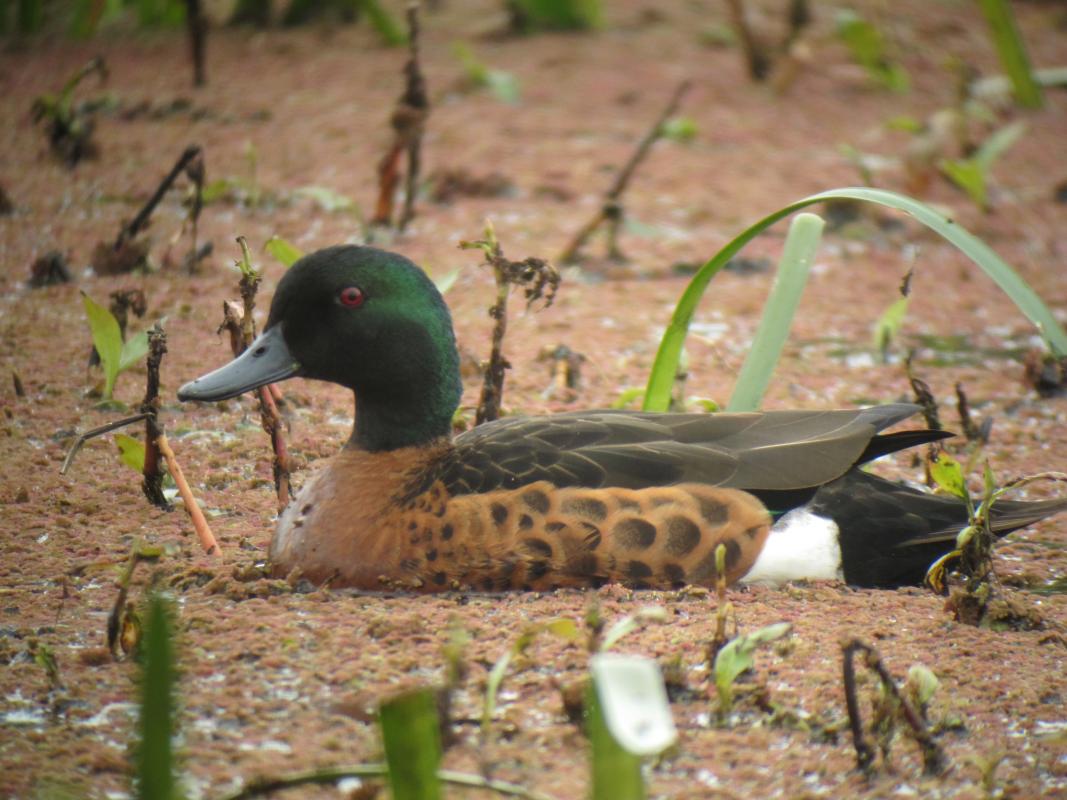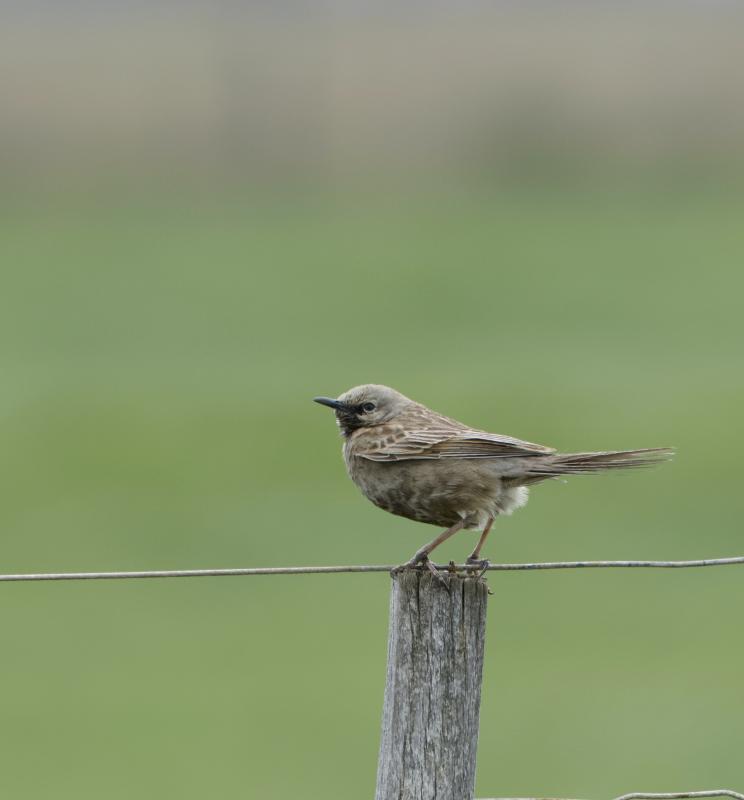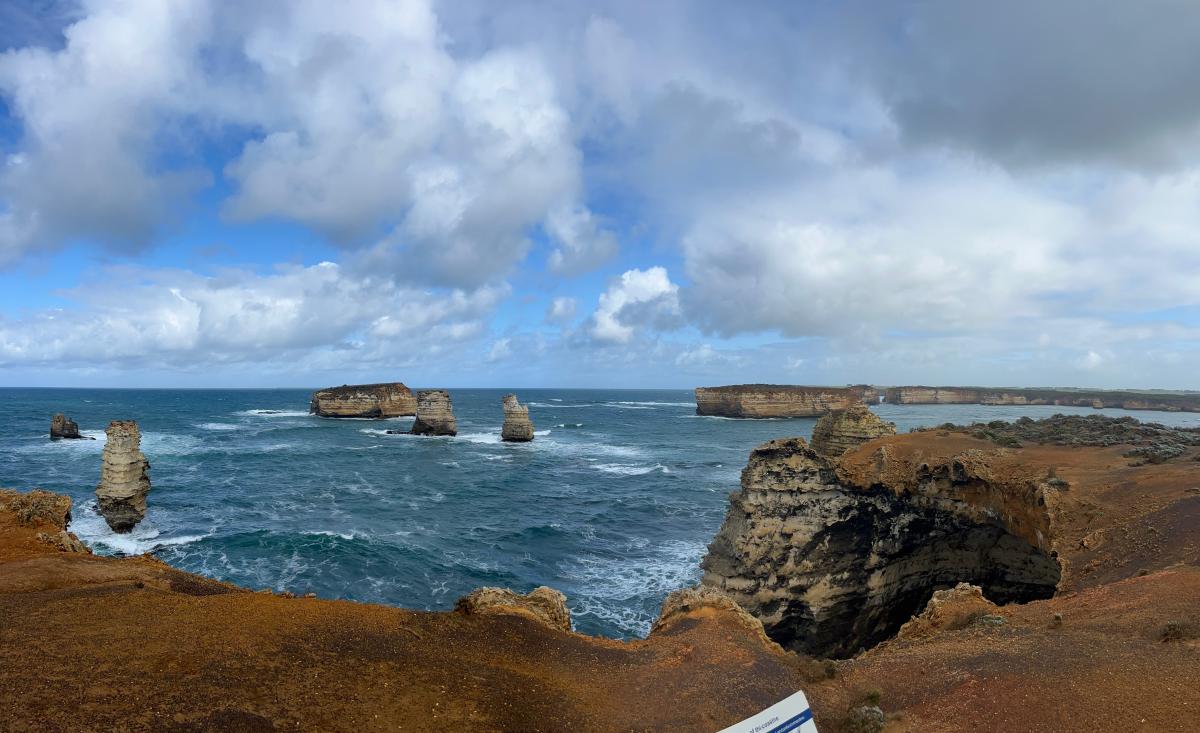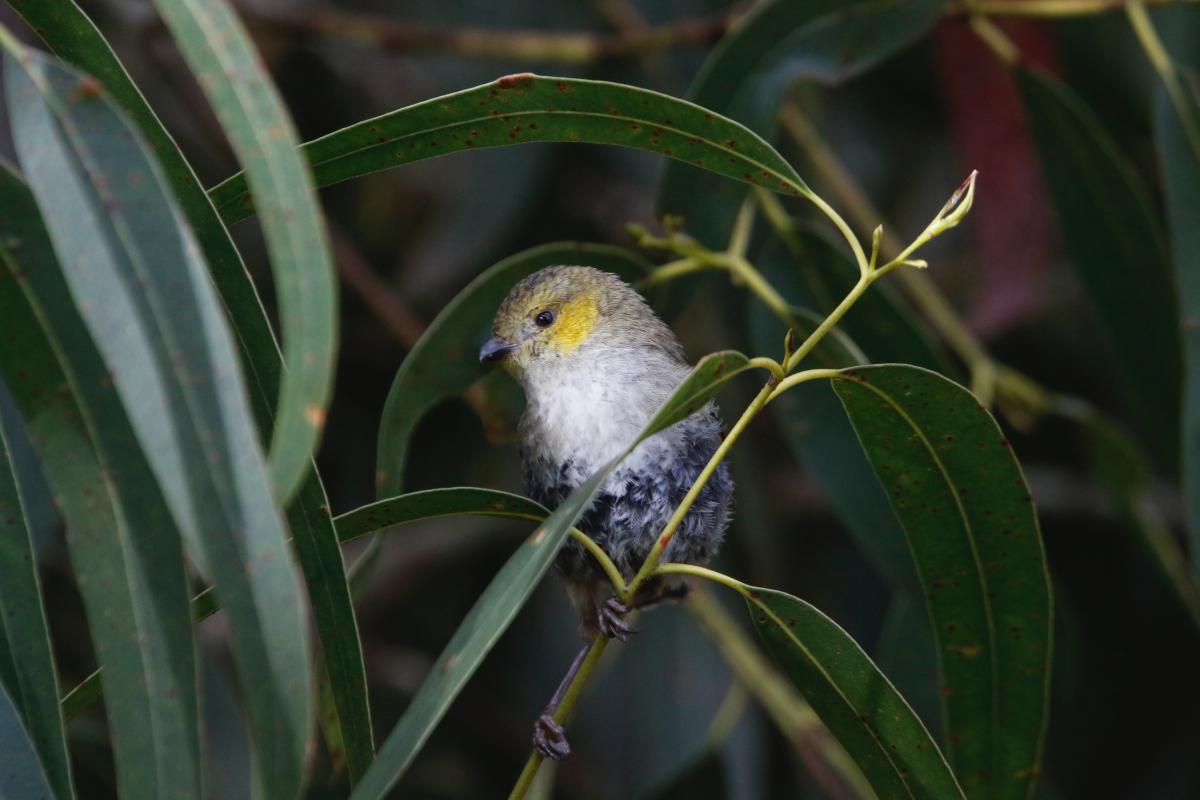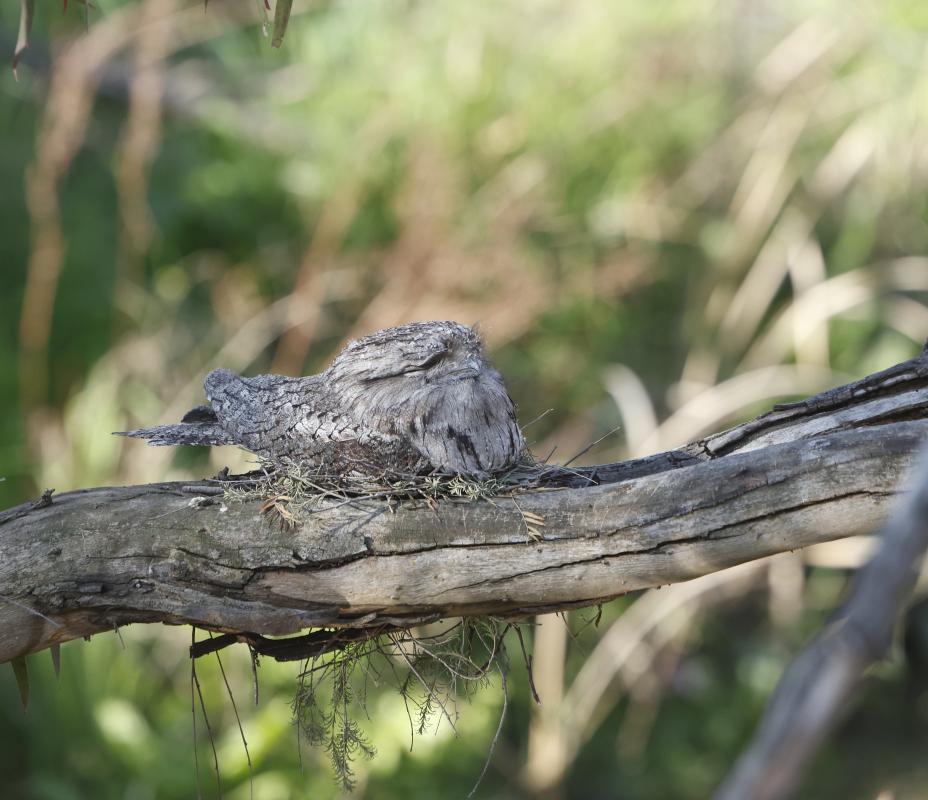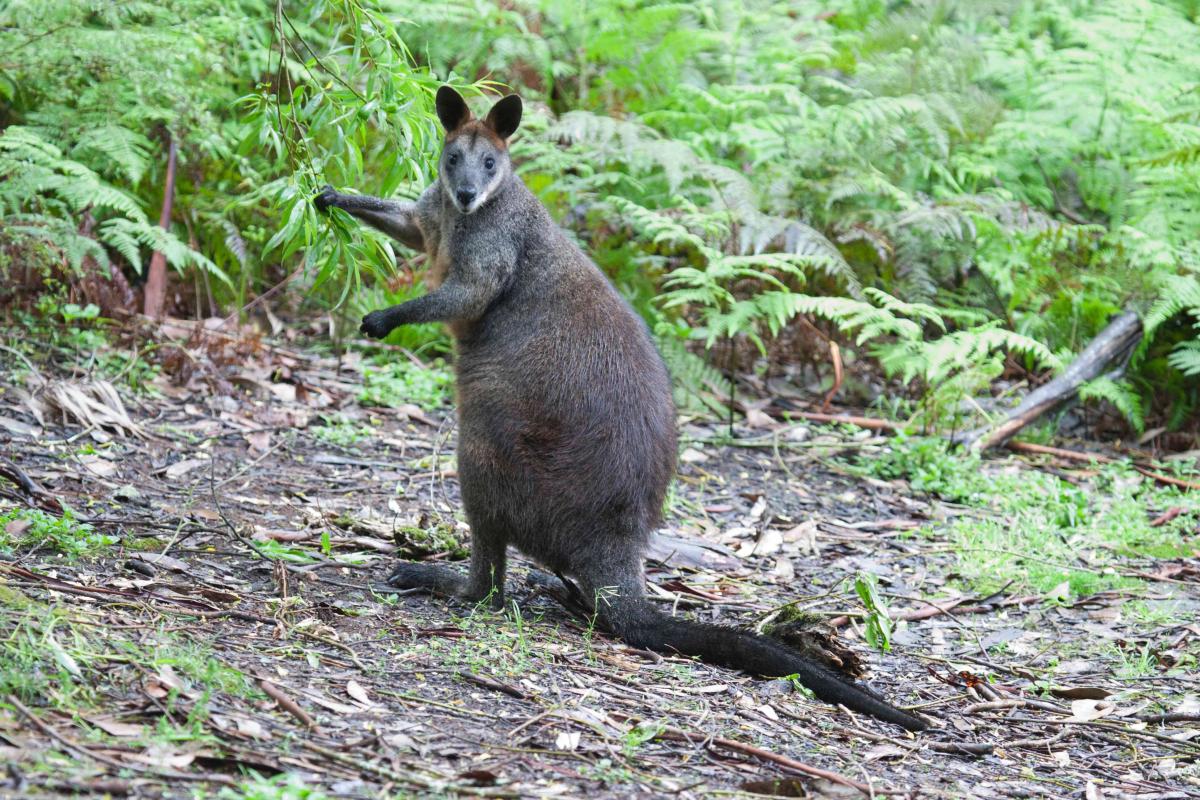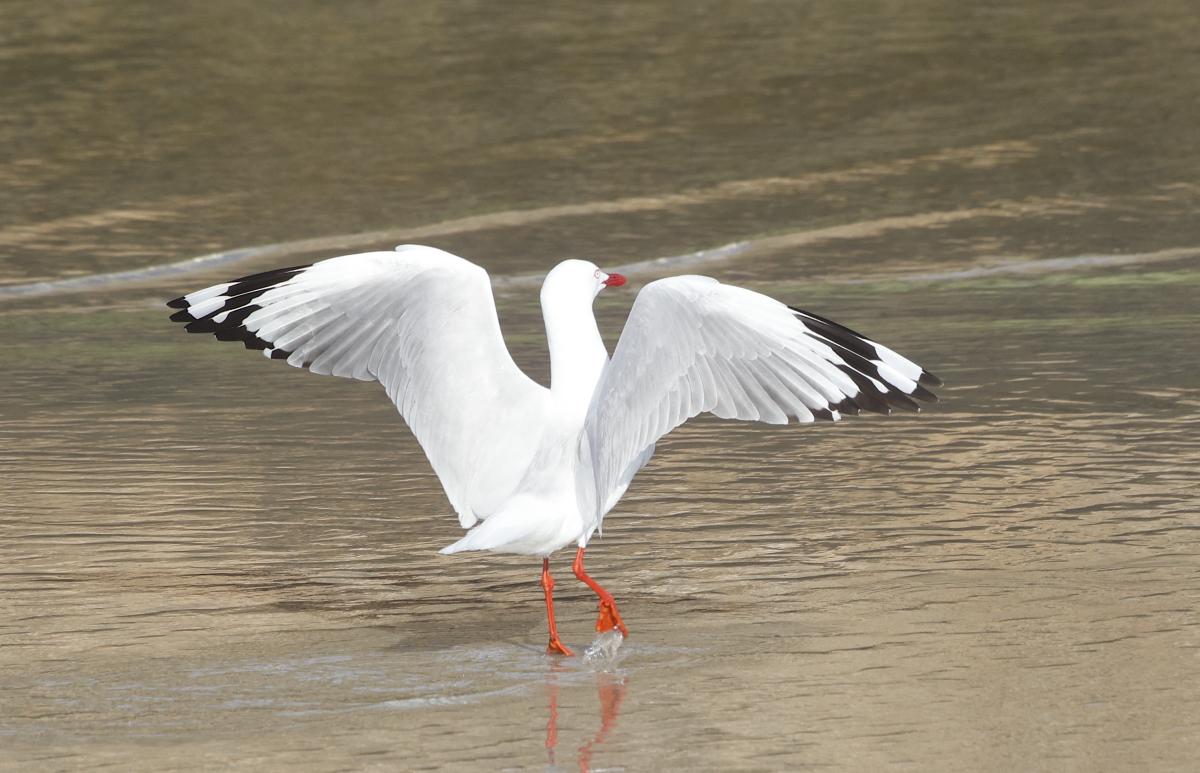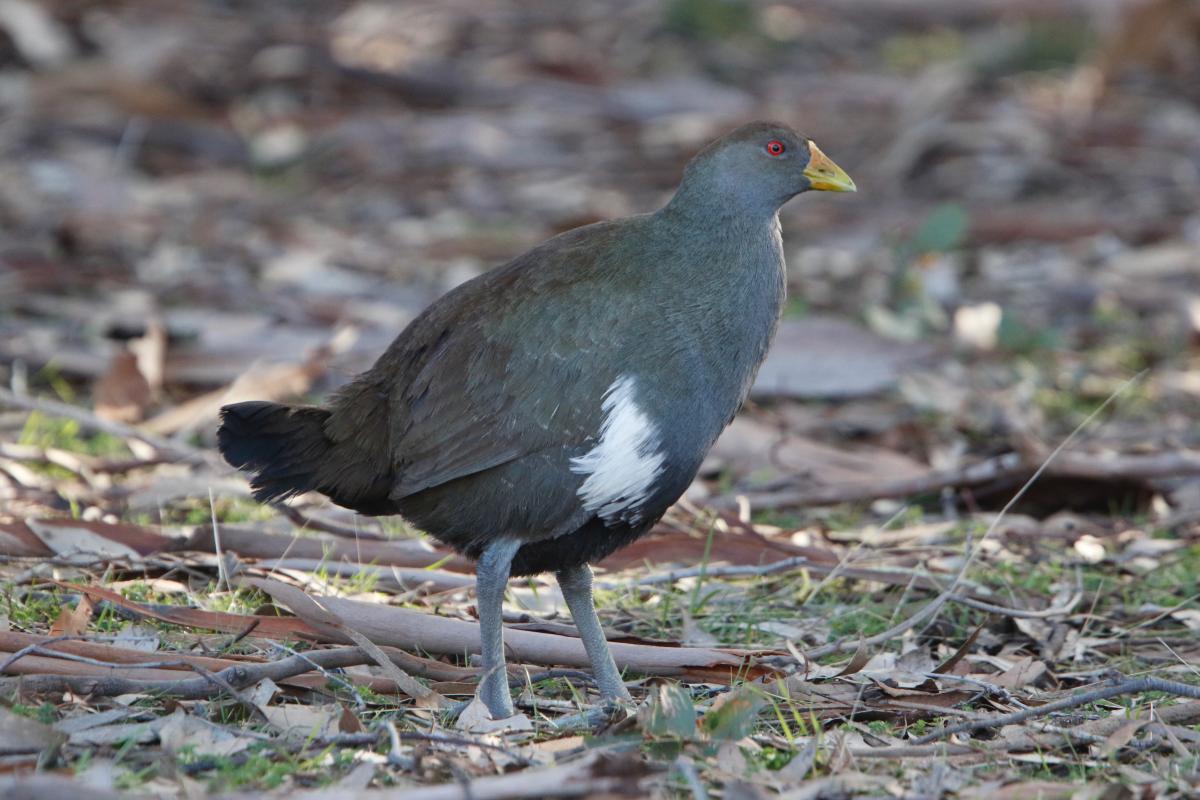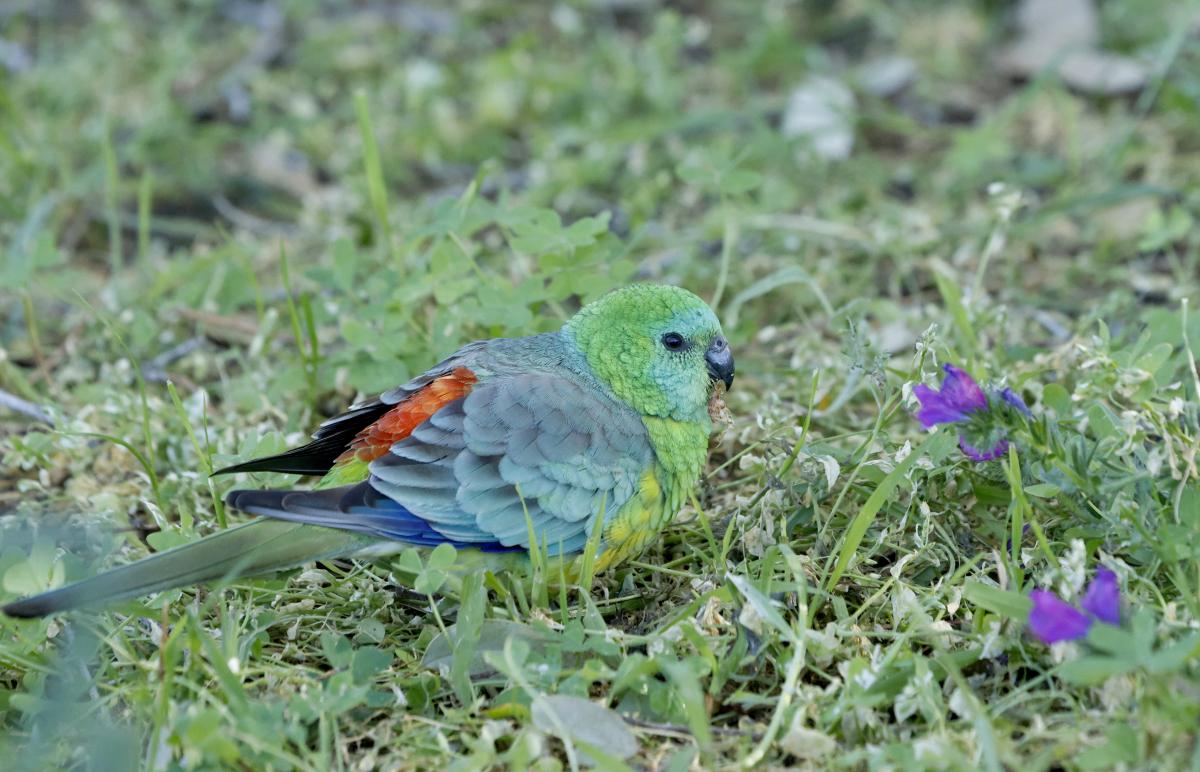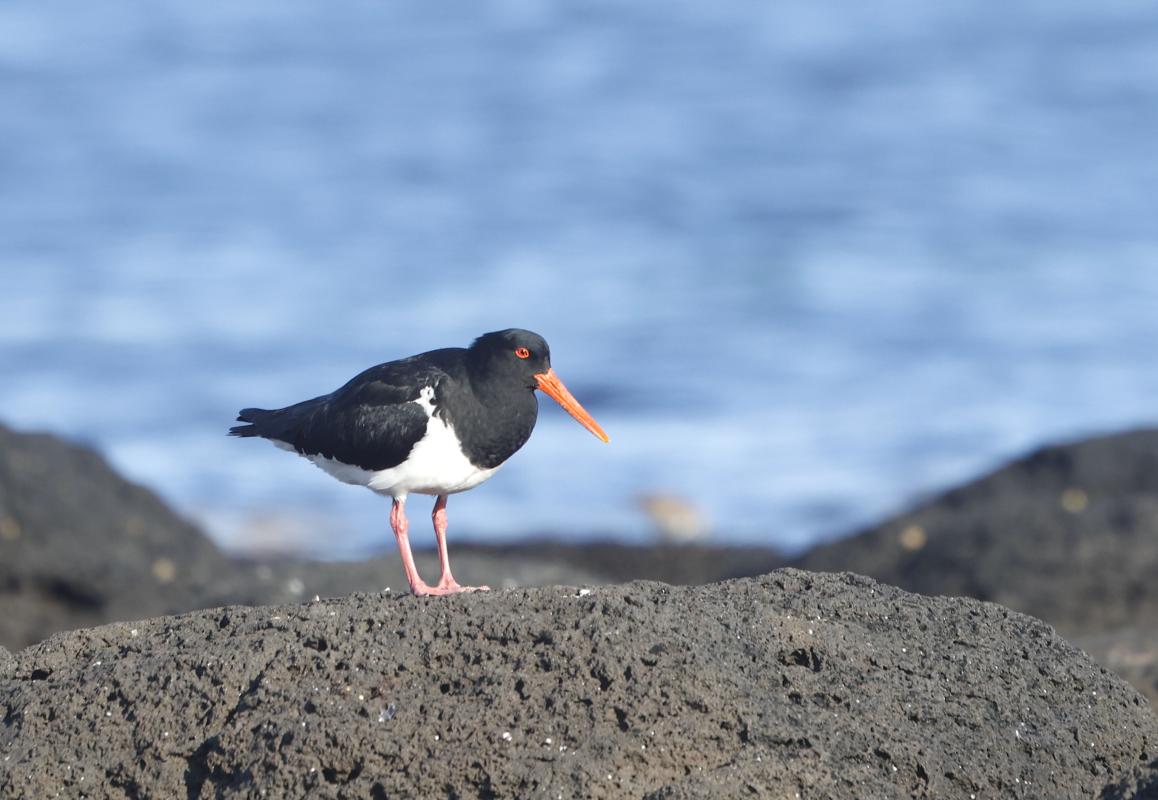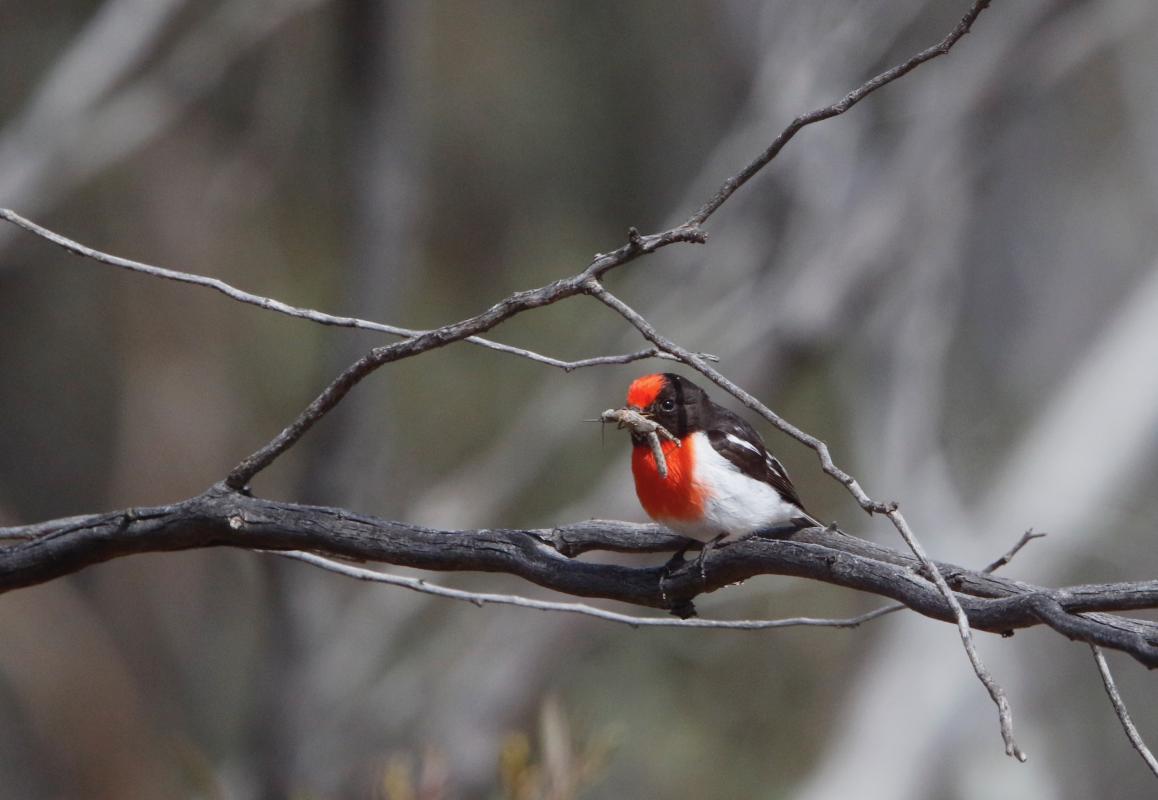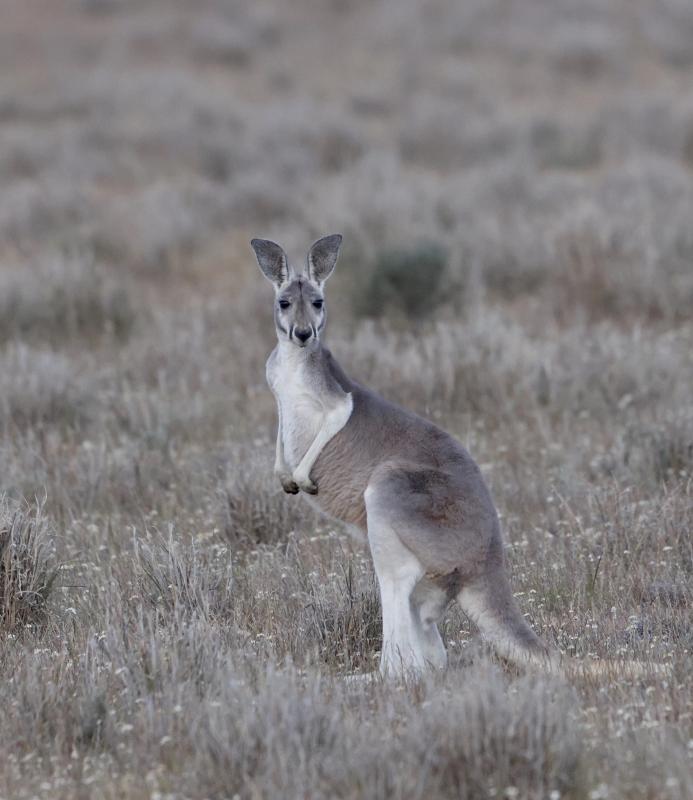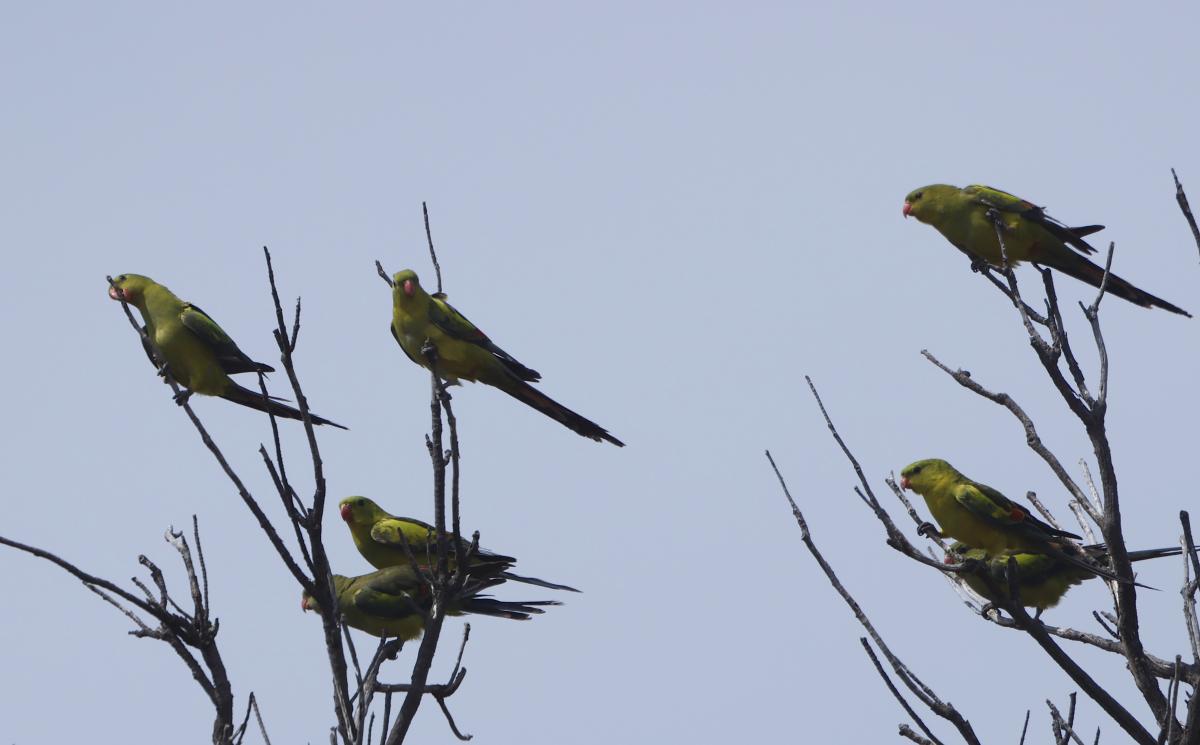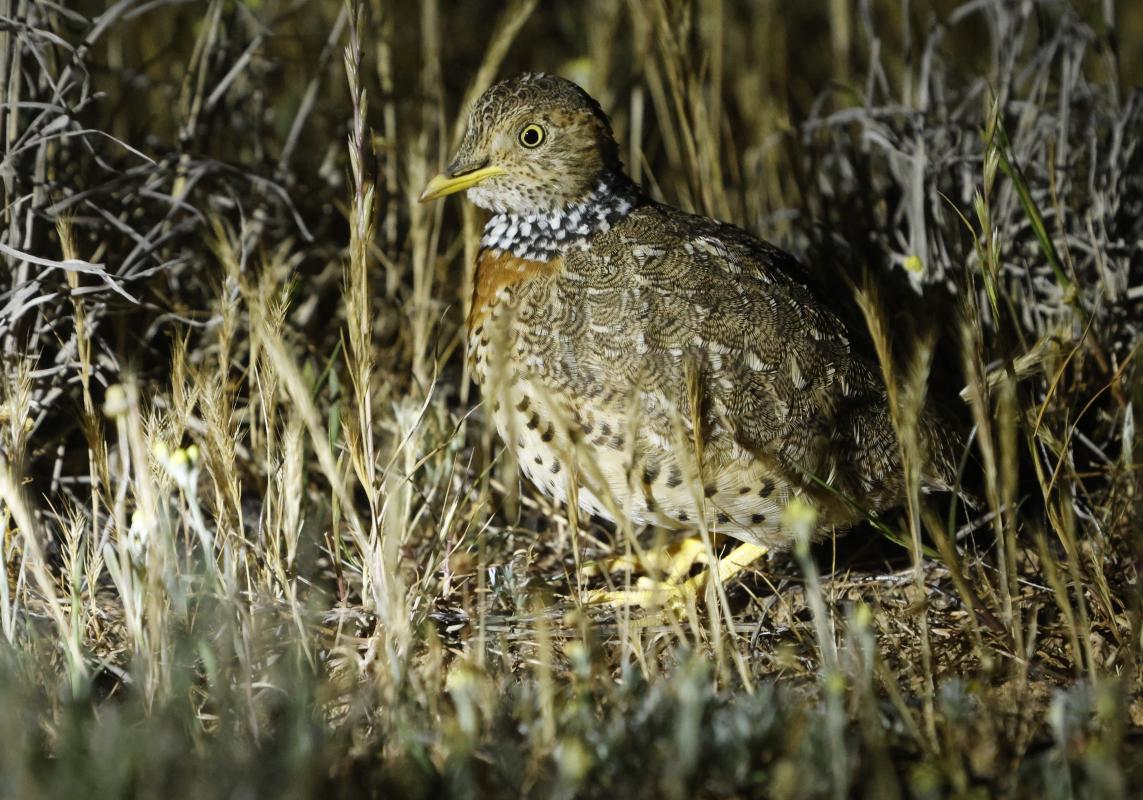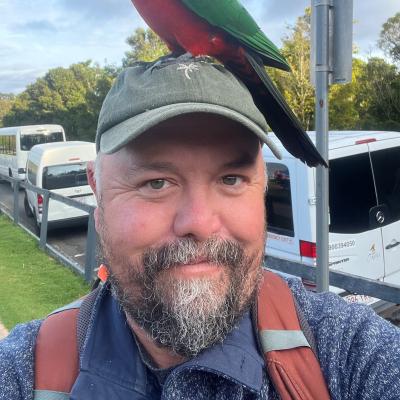Update: Victoria/Tasmania (AUS)
On our 2024 tour of Southeastern Australia covered a large loop around the state of Victoria (and a bit of New South Wales). Our first few days around Melbourne were unfortunately caught by a passing storm, with blustery winds and rain. As we headed inland though conditions improved greatly, and by the time we returned to the coast it felt much more like spring. Werribbee was excellent despite the weather though, with an amazing find in the form of this Orange-bellied Parrot (one of only 70 wild birds), an in the open (sort of) Lewin’s Rail, teed up Brown Songlarks and a host of Australian waterfowl including handsome Chestnut Teal.
The comparatively arid plains of central New South Wales were kind to us, with a brilliant pair of Plains-Wanderers showing very well this year. The parks around Deniliquin were heaving with birds, including such gems as Galah, Red-rumped Parrots, nesting Tawny Frogmouth and Common Bronzewings. In the giant mallee parks of Northwestern Victoria, we enjoyed a near-perfect day in the field, with Striated Grasswren performing extremely well, a perched Chestnut Quailthrush that lingered for over five minutes, a flock of Regent Parrots, a singing Crested Bellbird, and nesting Red-capped Robins. Some non-avian species were noted too such as this handsome Central Bearded Dragon and this quizzical female Red Kangaroo.
Once back down on the scenic Victoria coastline, we took in famous spots like the Bay of Islands and the Twelve Apostles, finding new birds such as Kelp and Silver Gulls, Pied and Sooty Oystercatchers and Hooded Plover along the beaches. Tasmania was wonderful as always, from the hulking and bold Tasmanian Native-hens to tiny endangered endemics like Forty-spotted Pardalote and ethereally beautiful snow-white Gray Goshawks there is simply so much to see. We wrapped up the trip with 280 species of birds and 18 mammals. With the breadth of wildlife and scenery this tour never fails to deliver, and I very much look forward to returning to this corner of the country in 2026.
